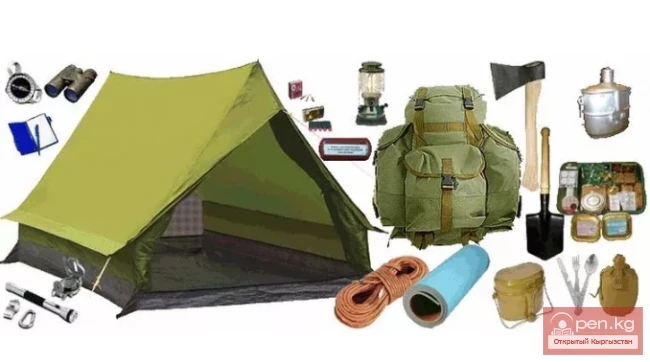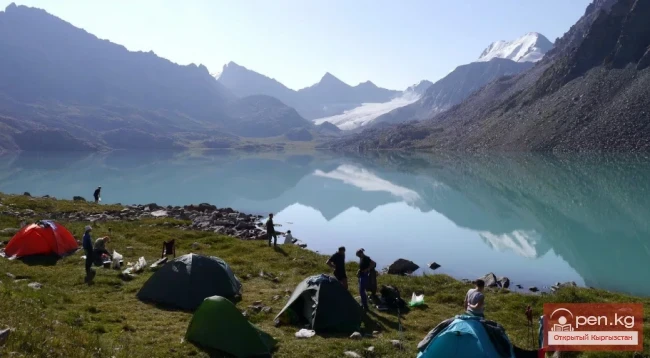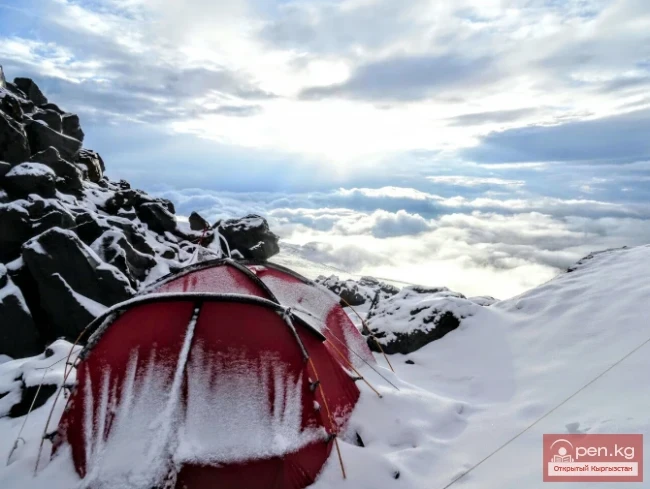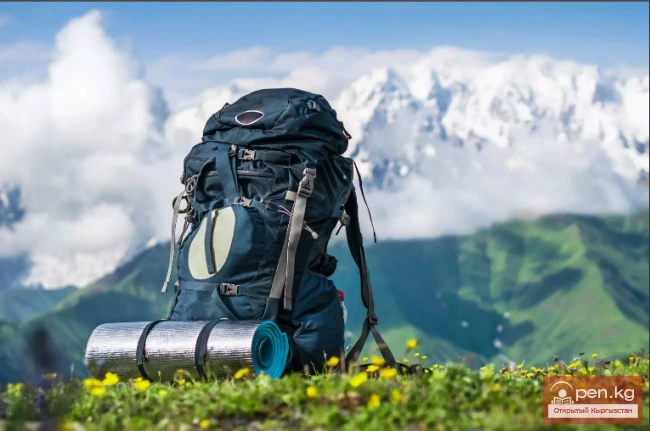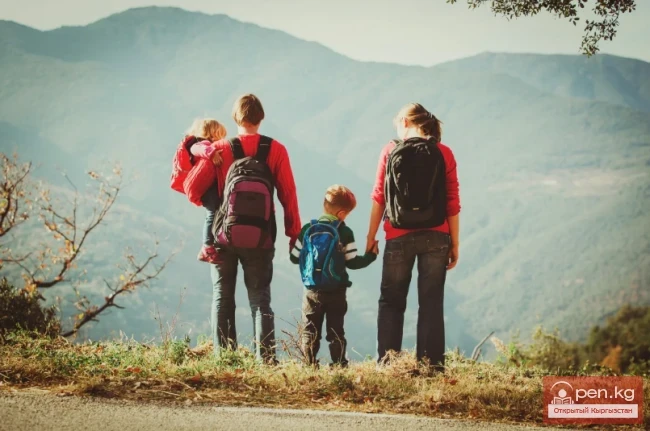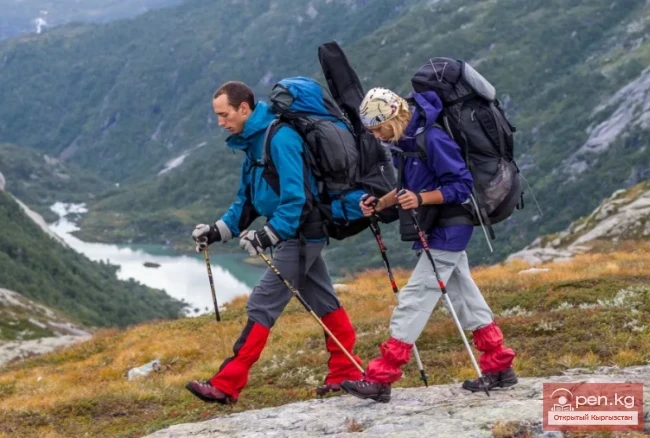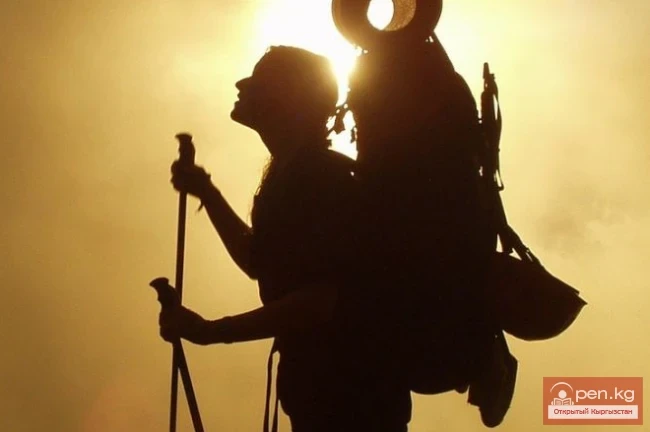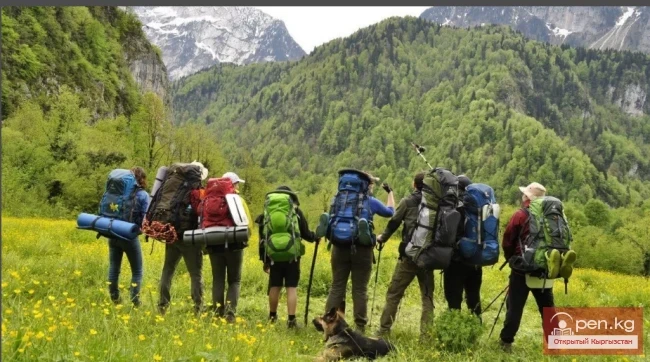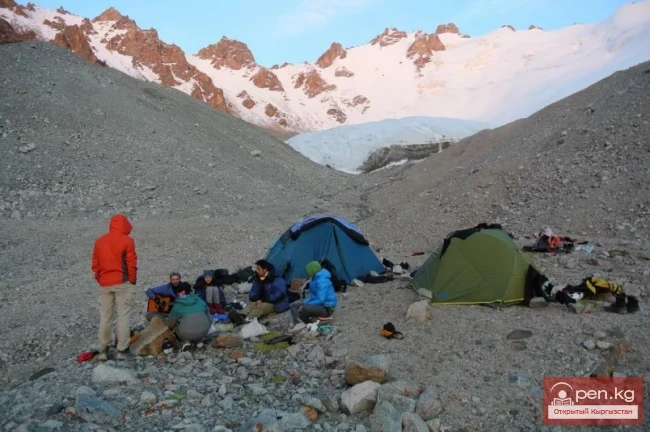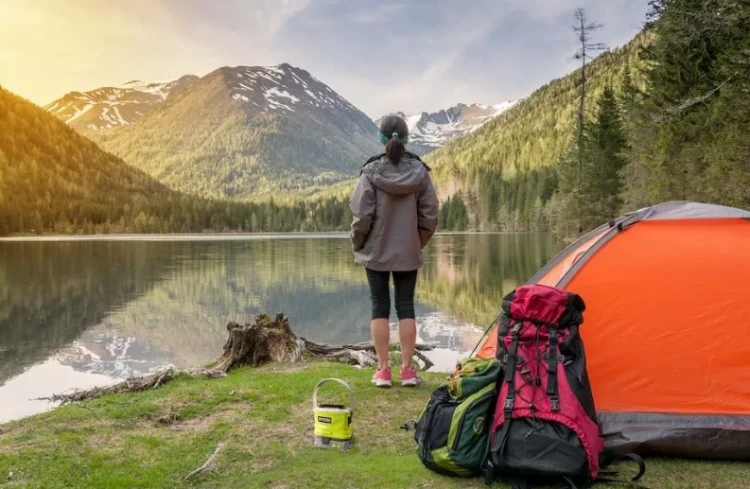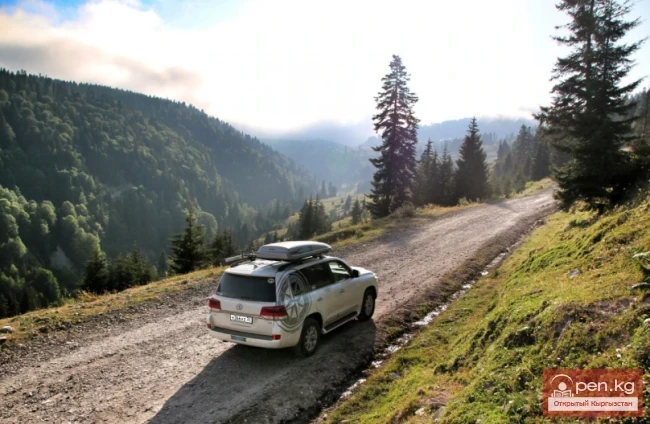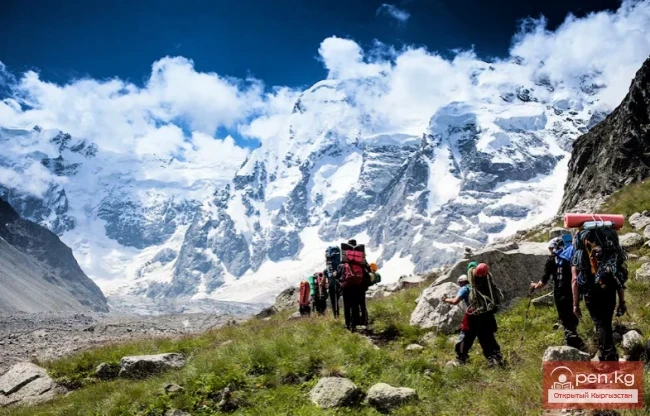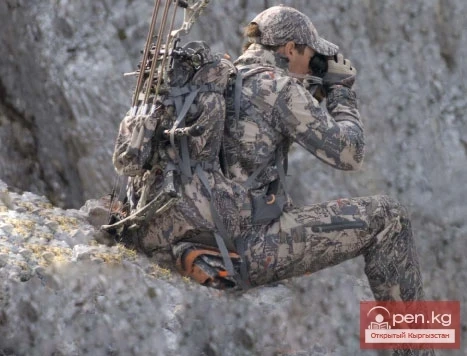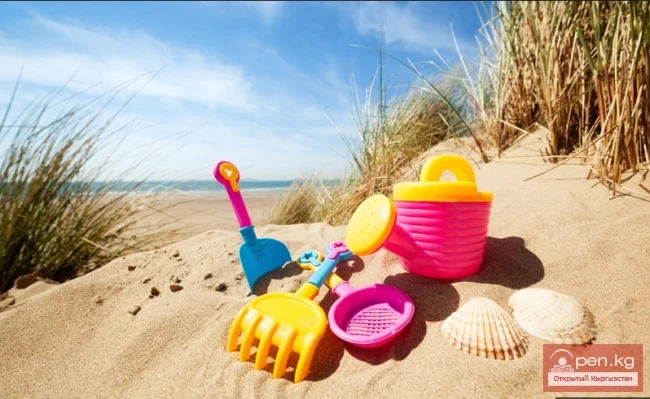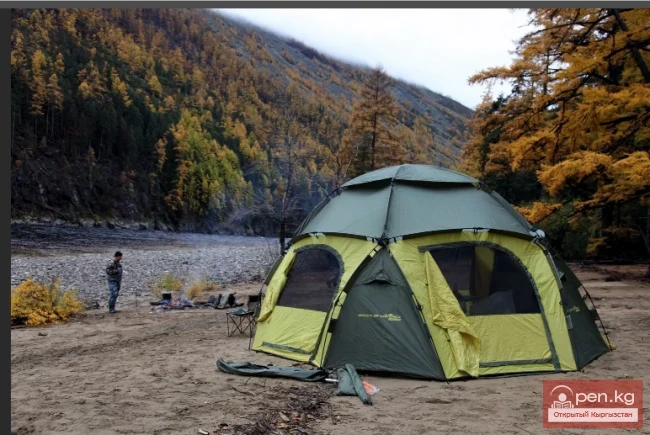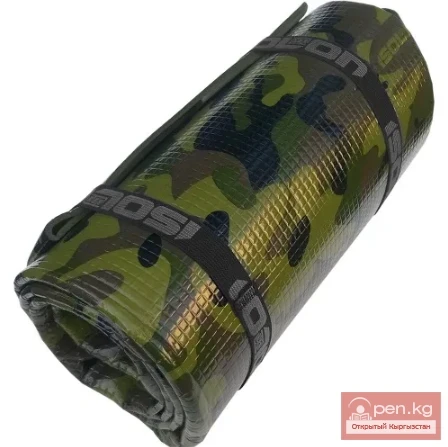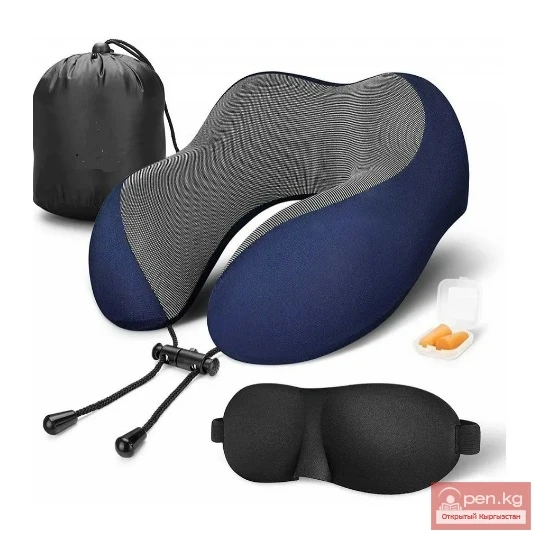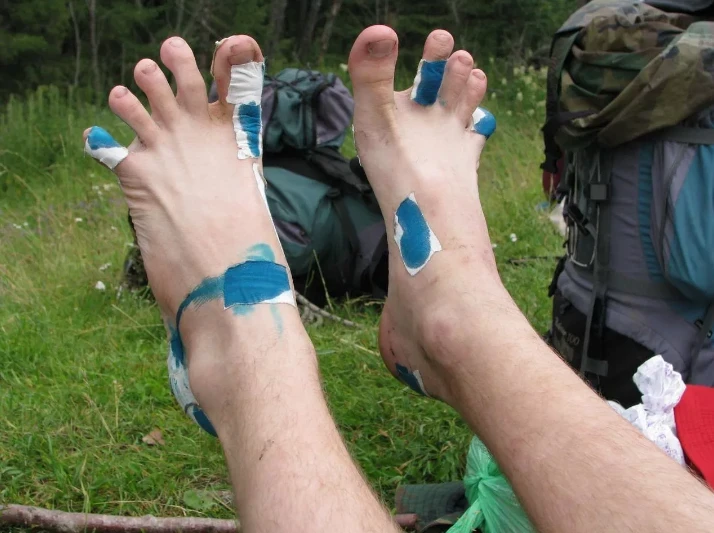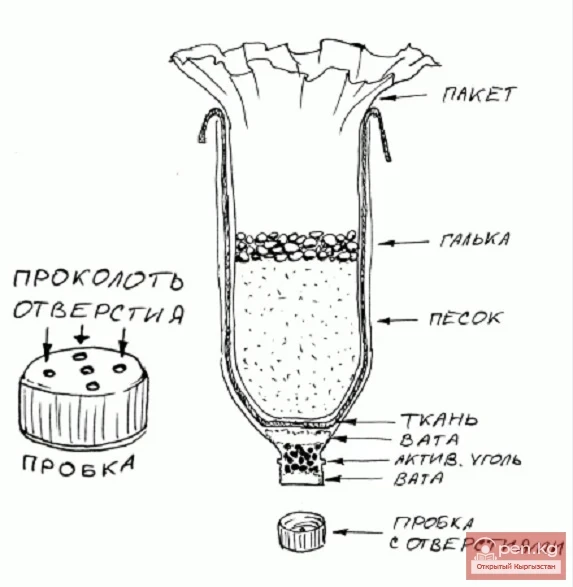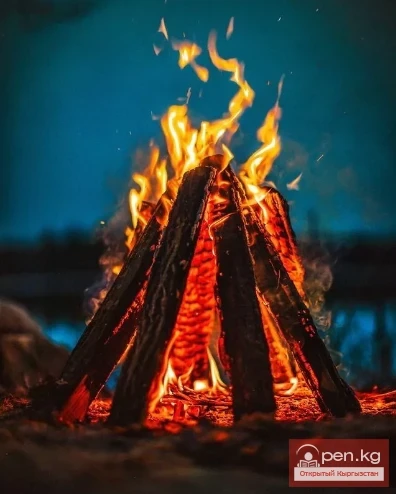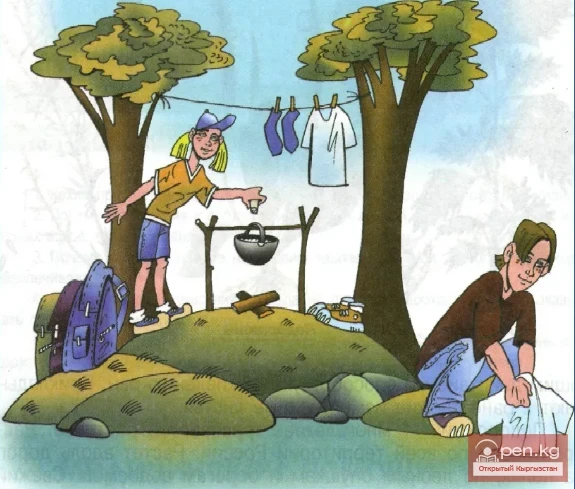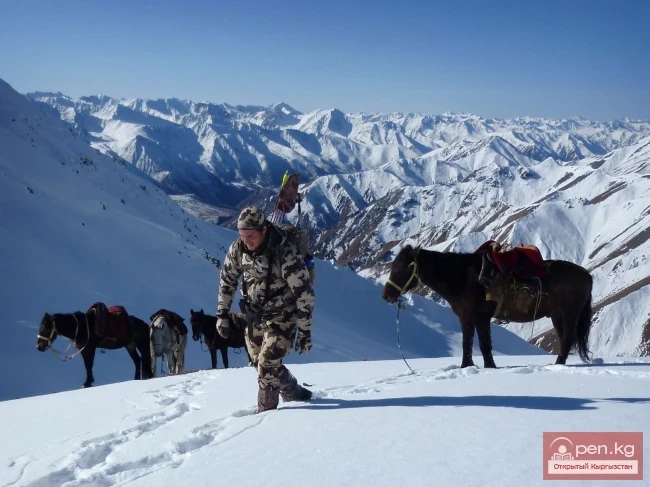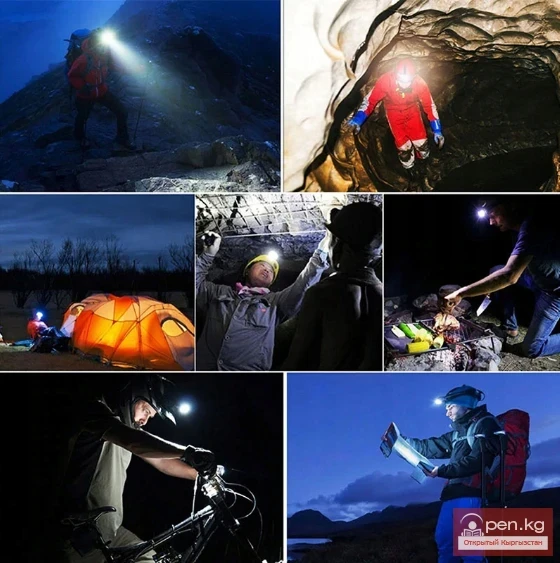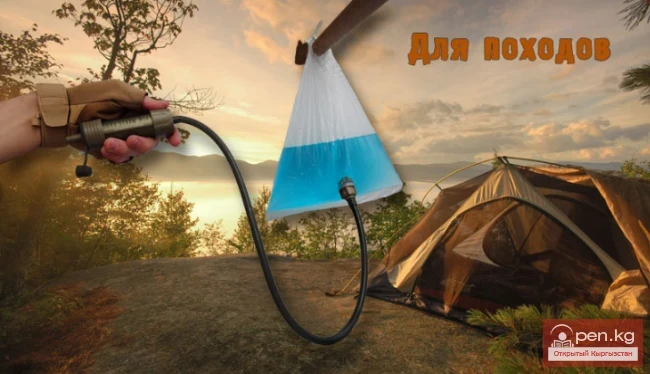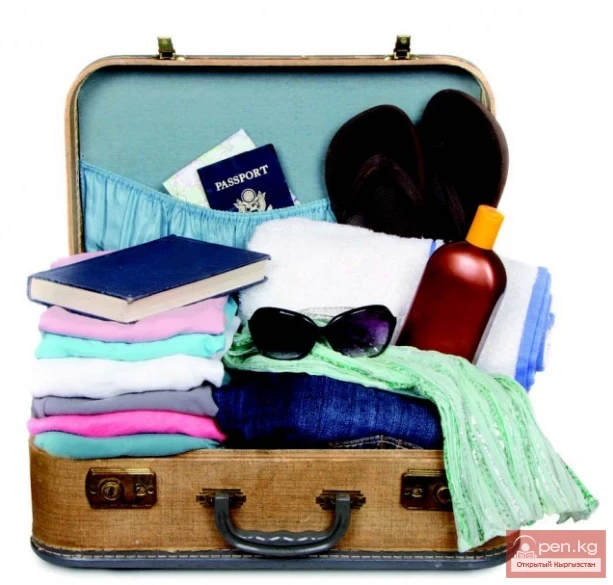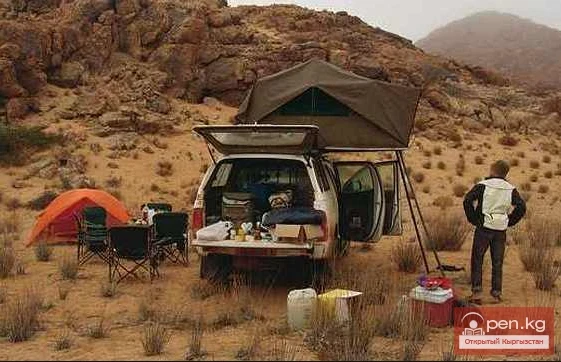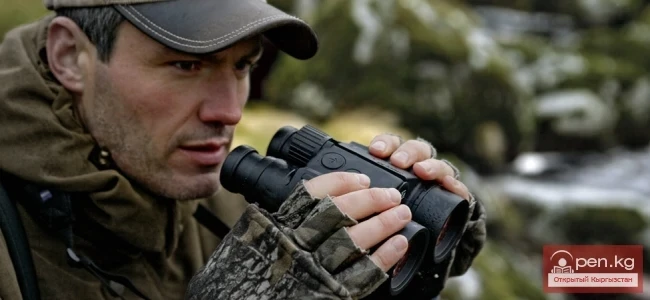Unnecessary Items on a Hike
Every experienced hiker strives to lighten the weight of their backpack as much as possible. Over time, they develop a clear list of items that should not be taken on a hike. Having extra items will not bring you joy but will only add unnecessary weight to an already heavy backpack.
This information will be useful for novice hikers who are still struggling to understand the nuances of hiking life.
So let's begin:
A backpack without a hip belt. The comfort of how the backpack fits you affects your well-being and mood throughout the hike. A backpack must have a hip belt and at least a basic anatomical system. All of this helps distribute weight properly without causing discomfort.
A cotton sleeping bag. Yes, they were used in Soviet times because there were no alternatives. But now it's better to choose a sleeping bag filled with hollow fiber or down. The advantage of modern sleeping bags is that they are significantly lighter than a "cotton" bag while providing the same comfort temperature. Moreover, if you get a cotton sleeping bag wet during the hike, you may not be able to dry it out by the end of the trip.
A sleeping bag without a hood. This is relevant for mountain hikes at any time in Kyrgyzstan. It will be impossible to warm up in a sleeping bag without a hood when the air temperature is below 12оC.
A single-layer or canvas tent. The likelihood of rain is always present, and you risk waking up in a puddle, either due to a downpour or heavy condensation. By the way, there are ultra-light and technologically advanced single-layer tents, but those are pro versions with correspondingly high prices. As for old canvas tents, it's clear – they are heavy and impractical.
An umbrella. This accessory is completely inconvenient to use in hiking conditions, especially if the rain intensifies with strong winds, and you have trekking poles in your hands.
Jeans. Absolutely impractical for hiking: heavier than regular tracks, restrict movement, and take a long time to dry if they get wet.
Hair balms, masks, scrubs, lotions and gels, face and body creams. All of the above is unnecessary on a hike.
Moreover, clean air and good water in many hikes will support your skin better than any cosmetic products. It's better to take care of yourself when you return home. Just a few single-use packets (or light small bottles up to 100 ml) of shampoo and a piece of quality soap will suffice. There are also dry shampoos for hair if you need to freshen up urgently without full access to water.
Photography equipment and electronics. If you absolutely need a laptop during your travels, it's better to leave it at the hotel or in storage during the hike. A camera is an important item on a hike. But don’t overdo it with lenses, tripods, and other professional shooting accessories.
A bath towel. A small microfiber towel is a must-have replacement for a bulky and heavy bath towel. It is significantly lighter, more compact, absorbs moisture well, and dries faster. A size of 60 x 30 or approximately similar dimensions will work.
Perfume, mascara, cosmetics. There will be no time for makeup on a hike. Use hygienic lip balm to avoid chapped lips. To prevent body odor, bring a small lightweight bottle of antiperspirant. Wet wipes will also come in handy. In winter hikes, the latter may be unnecessary. Please keep in mind that a strong perfume scent can irritate other group members just as much as body odor. Allergic reactions to such irritants also occur.
A fourth or fifth t-shirt and pants, shorts in the same quantity. An extensive wardrobe will burden your back. What seems light in everyday life will turn into fatigue and a heavy burden on a hike. Items should be lightweight and quick-drying.
A pillow. A completely unnecessary item from everyday life. You can easily find a replacement from your belongings.
Dresses, shoes, hats, folding chairs, books, and magazines. These items are unnecessary on a hike. However, a lightweight buff will be useful. In summer, a headwear is indeed needed, but it should be primarily technological and practical. Audiobooks on a lightweight (less than 50 grams) compact player with a long battery life (at least 15 hours in listening mode) are an excellent alternative.
Knitted items. A beautiful and warm wool sweater will become a heavy burden on a hike. A fleece hoodie or jacket, even fleece socks (in winter conditions), will weigh significantly less and keep you warm just as well. Fleece also compresses well for packing in a backpack. Fleece items will also be useful in regular civilized life.
Combat boots and heavy camouflage. Trust me, combat boots are not the most comfortable and practical footwear, especially for summer hikes in the mountains. Your feet will be hot in this footwear, they will sweat, and as a result, blisters will appear. If the camouflage suit is made of lightweight and water-resistant fabric, it is a useful item on a hike. But if it is heavy and dense, it's better to avoid these items.
A manicure set. Just a pair of manicure scissors or clippers, which are found in most folding knives or multi-tools, will suffice.
Glass and aluminum dishes. Glass is categorically not allowed on hikes: it is heavy (compared to other materials), can crack under pressure in a backpack, or break, which is dangerous for people and harmful to nature.
The problem is that aluminum is a good conductor. Consequently, a bowl and spoon will instantly acquire the temperature of the soup, and a mug will be as hot as the tea in it. At best, you will just drink cold tea; at worst, you will burn yourself or your neighbor. You should use steel or titanium dishes; the latter is lighter, but the weight difference is not significant compared to the price difference. You can take plastic dishes, provided they are durable and heat-resistant.
This is an incomplete list of unnecessary items on a hike. However, we have tried to draw your attention to the main problematic items.
It is important to remember that extra items on a hike mean extra weight in the backpack that you have to carry. A heavy backpack reduces the chance of enjoying the hike. Take care of your back. Pack your backpack wisely.
Weigh all the items you plan to take with you and think carefully about what you really need.
Miscellaneous

